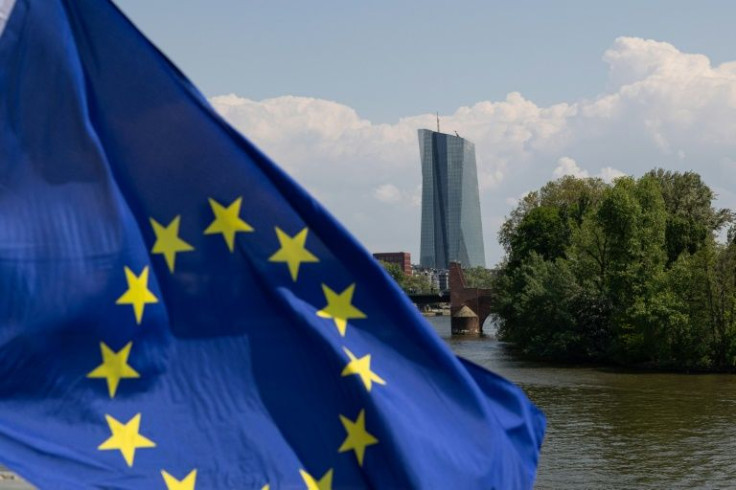Euro Has A Far Bigger Problem Than A Recession Ahead
Euro has a far bigger problem than an impending recession in the EU, the erosion of market confidence in the eurozone, which could take the eurocurrency well below parity against the US dollar.
Exchange rates between major currencies are determined by several factors. Top on the list is interest rate differentials across the national economies, which determine capital flows from one country to another. Countries with relatively high-interest rates tend to attract more foreign capital; therefore, their currency strengthens against the currencies of countries with low-interest rates. By contrast, countries with relatively low-interest rates experience a capital flight, and their currencies weaken against those with high-interest rates.
These interest rate differentials are determined by growth and inflation across countries and central bank policies. Countries with solid growth usually experience high inflation and tight monetary policies. As a result, they drive interest rates higher, attracting foreign capital inflows from countries with low inflation and less tight monetary policies.
And that seems to be at play in the case of the euro-dollar exchange rate. The US inflation rate is currently running at an annual rate of 9.1%, compared to 8.1% in the eurozone, forcing the Federal Reserve to begin monetary tightening ahead of the European Central Bank, creating a significant gap between US and eurozone interest rates. For instance, the 10 year German bond yield is currently trading with a yield of 1.18%, almost one-third of the 10 year US Treasury bond yield.
But another factor that moves exchange rates is market confidence in different currencies' economic, financial, and political foundations. Foreign capital tends to shun currencies with weak foundations and move into currencies with sound fundamentals, as seems to be the case in the recent decline in the euro value against the dollar.
Unlike the dollar, which is the currency of a federation, the euro is the currency of an economic union based on the European Stability and Growth Pact (ESGP), which country members routinely violate, according to Athens Chamber of Commerce and Industry Counsellor Fanis Matsopoulos. And that undermines confidence in the eurozone currency—euro’s bigger problem than the recession fears offered as an explanation in social media.
"The erosion of the euro's value against the dollar can be attributed to the tremendous fiscal differences between 'northern' and 'southern' eurozone countries, he told International Business Times in a telephone interview. "Today, we can see that many heavily industrialized countries have followed -due to the Covid and recently to the energy crisis- a fiscal policy that acts against the Maastricht Treaty that somehow gives a sense of limits. France's government budget deficit to GDP started from 3.1% in 2019, skyrocketed to 8.9% in 2020, and finally remained at 6,5% in 2021. Spain has followed a common path with 3.06%, 10.27% and 6.87% in 2019,2020,2021 respectively.”
We should add Italy to the list with a government budget deficit to GDP of 7.2% and a large debt, teetering collapse after Mario Draghi offered his resignation, which makes the job of the ECB of reigning inflation a far more difficult task.
Meanwhile, European investors look for safe-haven currencies to park their cash like the US dollar, eroding further the market value of the euro.

© Copyright IBTimes 2024. All rights reserved.






















